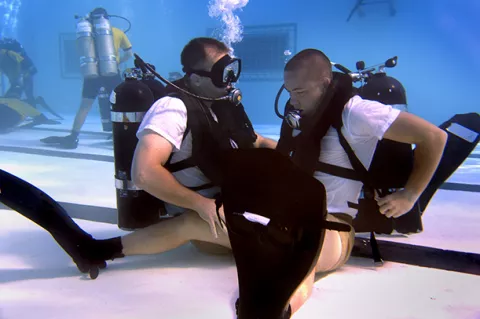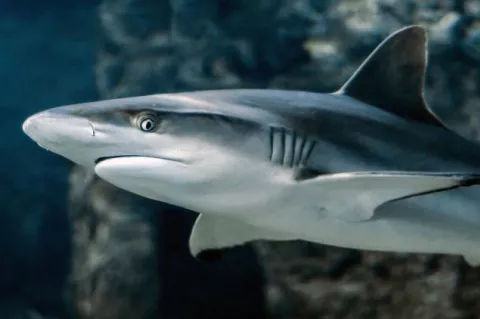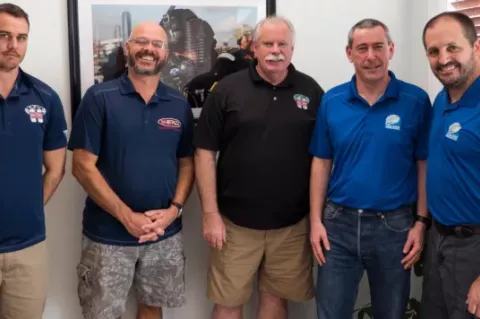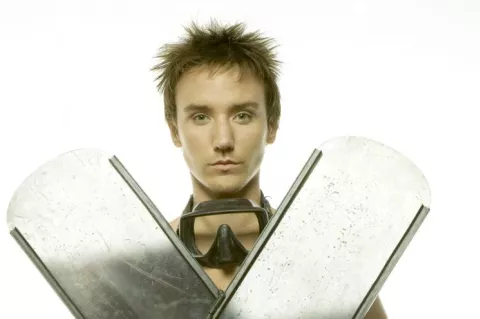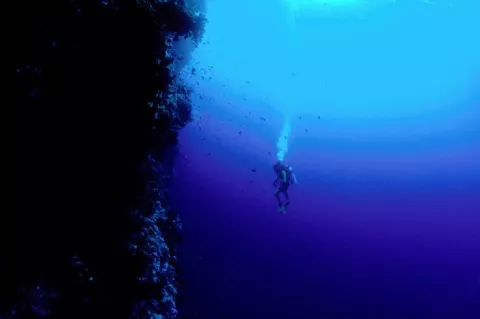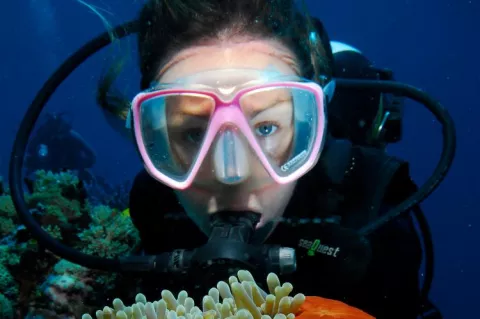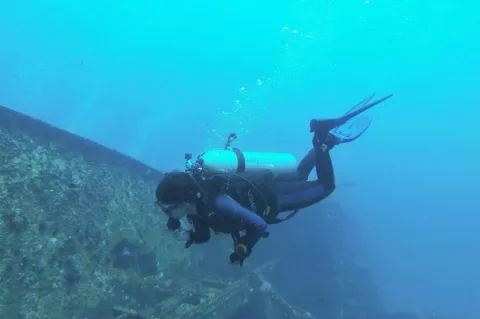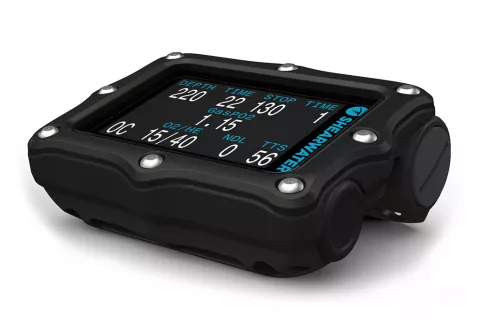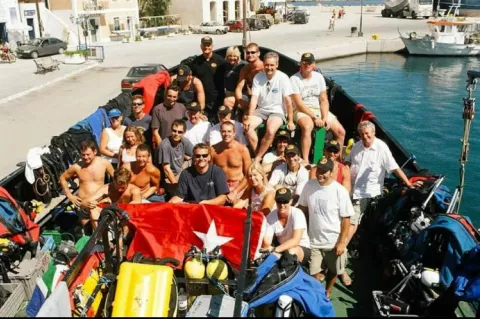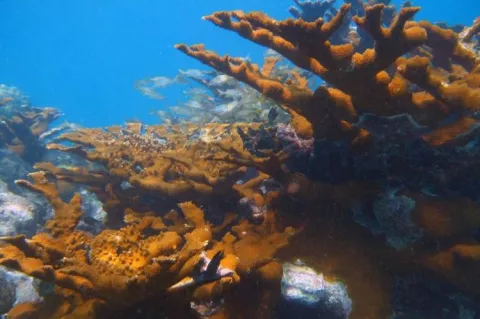Wrong Teacher, Wrong Habits
Learning skills from some instructors might be a waste of time. Skills are the foundation of safe and enjoyable diving and the building blocks of all diving certifications. The comment here is not that learning skills is a waste of time, but that if you learn them from the wrong instructor, you may have to re-learn them completely for the skills to be of any use.

